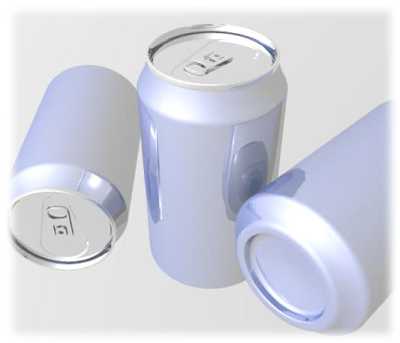
CONTACT: EWG Public Affairs Staff, (202) 667-6982 FDA Finds High Benzene Levels in Limited Test of Drinks Today FDA announced it found high levels of benzene in several samples in a test of a small number of sodas and juice drinks. "FDA's test results confirm that there is a serious problem with benzene in soda and juices," said Richard Wiles, senior vice president at Environmental Working Group. In a very limited sample of products, FDA found two popular drinks—Safeway Diet Orange and Crystal Light Sunrise Classic Orange—with 17 times more benzene than allowed in tap water, and six other products with benzene at levels two to four times the drinking water limit. Many other products had detectable levels of the carcinogen. "There is no excuse for deliberately putting chemicals that form high levels of potent cancer-causing benzene in popular drinks," Wiles said. "This is a wake-up call for the beverage industry. It is time to get benzene-forming ingredients out of sodas and juices." FDA Found the Potent Carcinogen Benzene in 10 Soft Drinks at Levels Up to 17 Times The EPA Drinking Water Standard Crystal Light Sunrise Classic Orange (lot 1) 87.9-76.6 ppb Safeway Select Diet Orange (lot 1) 79.2 ppb Crystal Light Sunrise Classic Orange (lot 3) 73.9 ppb AquaCal Strawberry Flavored Water Beverage (lot 1) 23.4 ppb Safeway Select Diet Orange (lot 2) 15.2-10.7 ppb Safeway Select Diet Orange (lot 3) 13.2-11.4 ppb Giant Light Cranberry Juice Cocktail (lot 1) 10.7-9.1 ppb AquaCal Strawberry Flavored Water Beverage (lot 2) 10.4-9.2 ppb Crush Pineapple 9.2 ppb Giant Light Cranberry Juice Cocktail (lot 2) 5.4 ppb Note: EPA drinking water standard for benzene is 5 parts per billion (ppb) Source: FDA Data on Benzene in Soft Drinks ### EWG is a nonprofit research organization based in Washington, D.C., that uses the power of information to protect human health and the environment. The group's work on benzene is available here. How to avoid drinking benzene: Scan your drink's label for the ingredients that can combine to form benzene: sodium benzoate (or potassium benzoate) and ascorbic acid (or vitamin C). Be aware that prolonged storage and warm conditions can facilitate benzene formation.
*Thanks, Ken
No comments:
Post a Comment
Contact The Wizard!
(he/him)